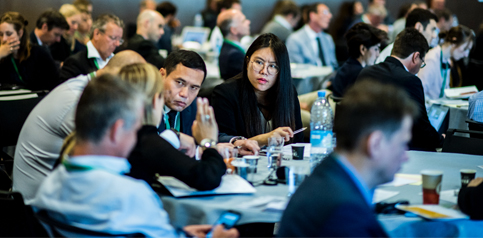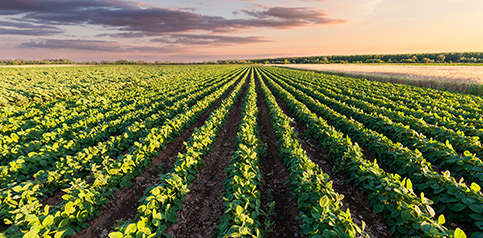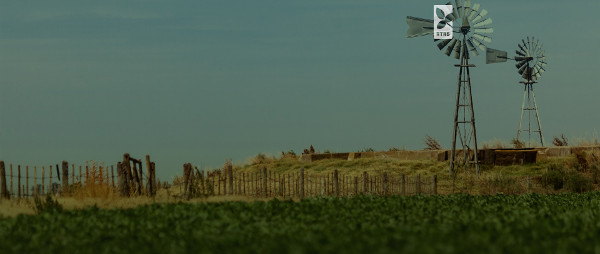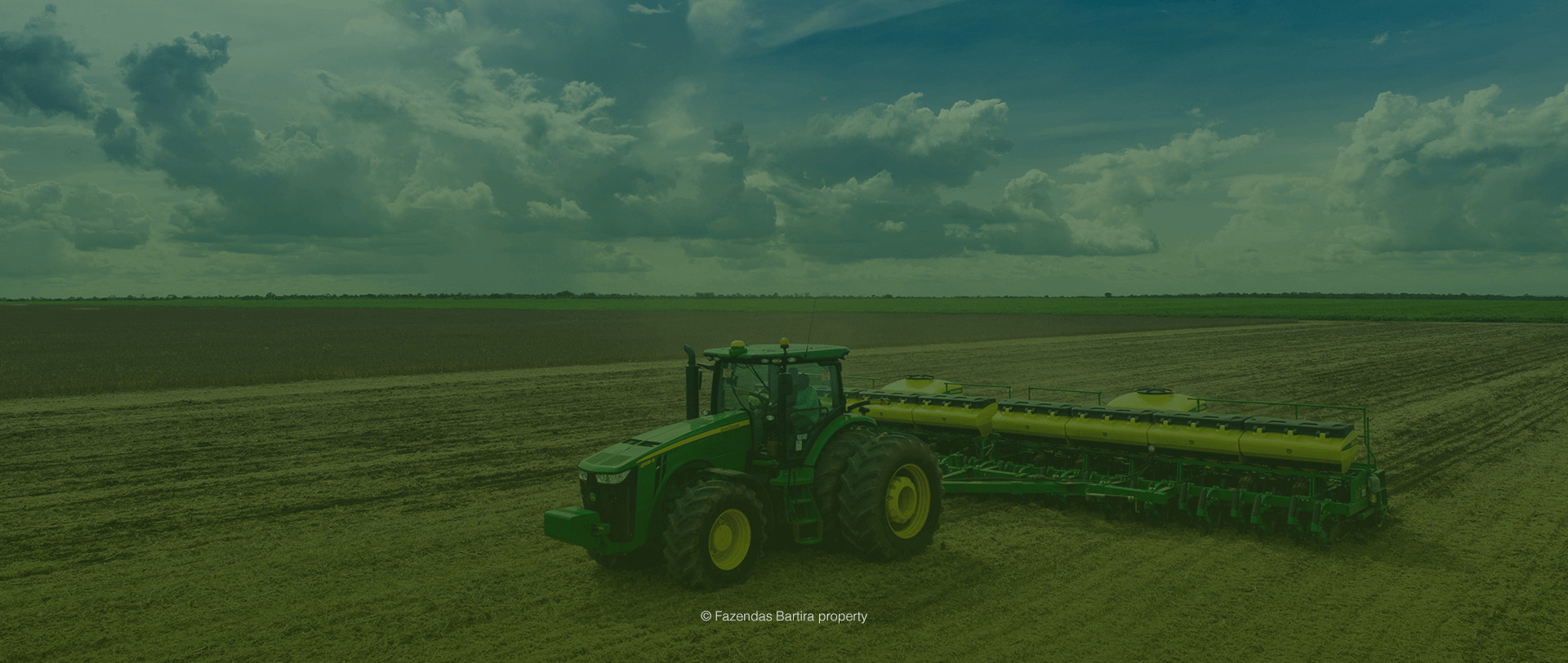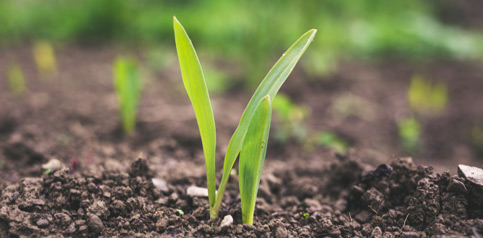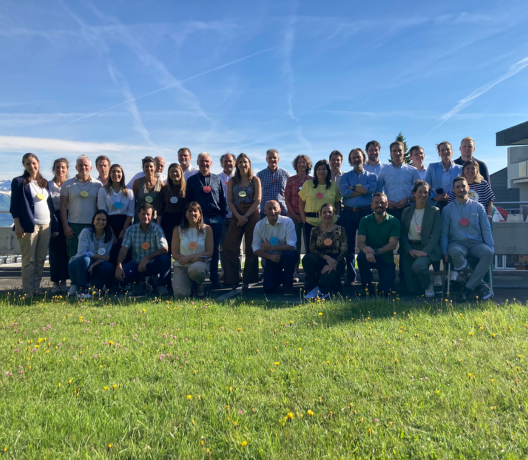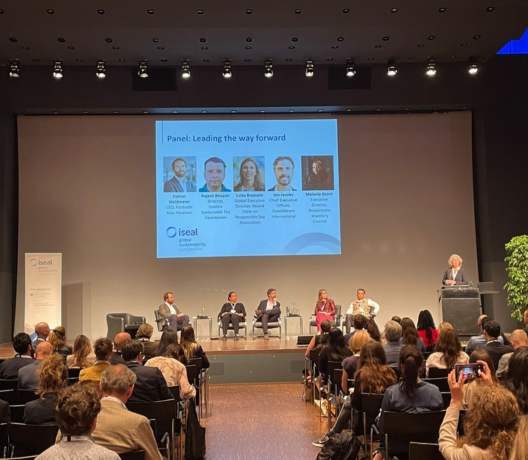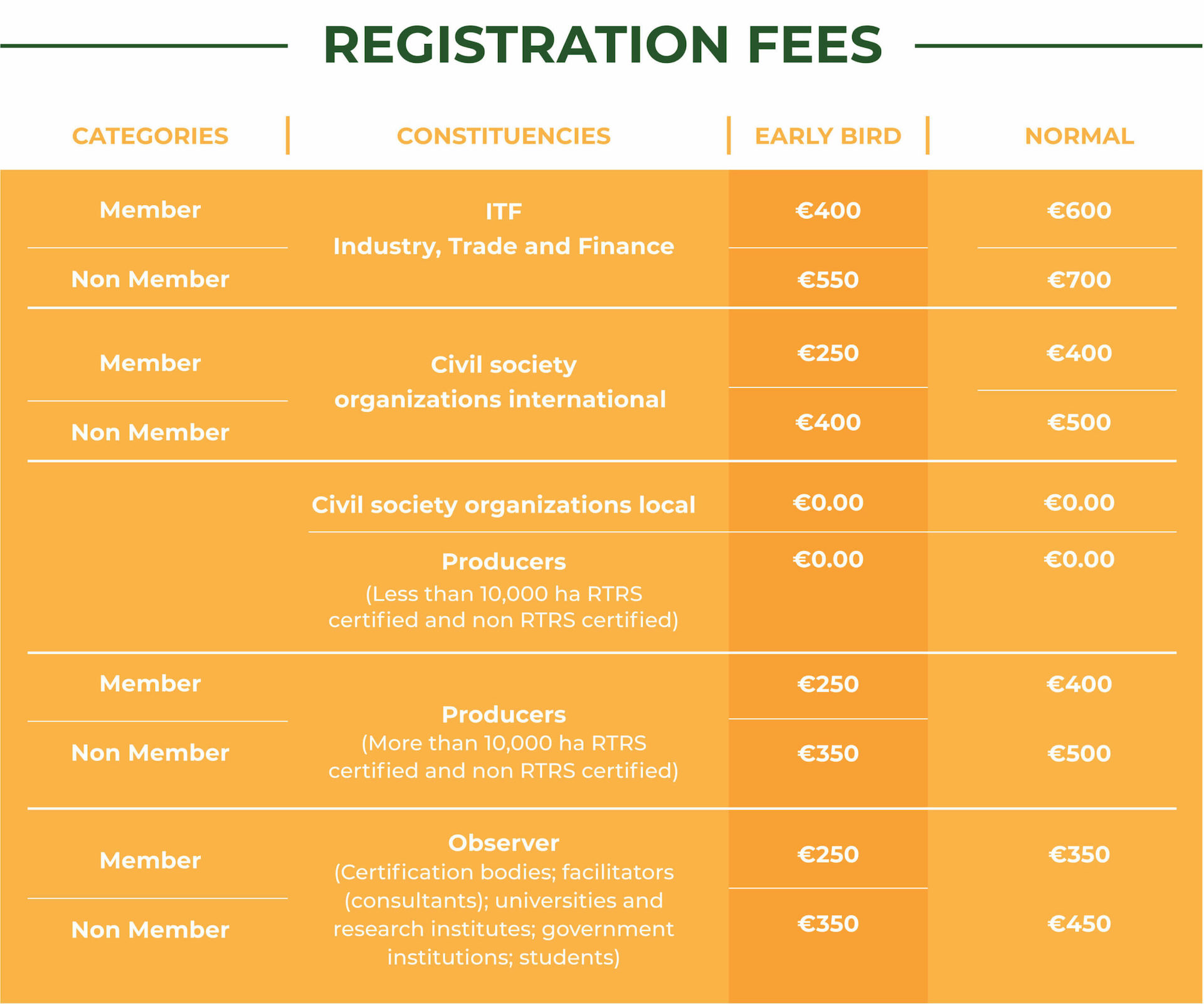The role of China in a responsible world
At the RTRS Meeting Point 2021: “The Tipping Point to Shared Responsibility” on June 28, China and its role in global efforts to achieve sustainability goals will be presented and discussed.
On June 28 from 13:30 to 16:00 CEST, the Round Table on Responsible Soy Association (RTRS) will host a Meeting Point: “The Tipping Point to Shared Responsibility” to promote and facilitate multisectoral dialogue on the challenges, opportunities and tools to transform the global supply chain.
The first panel, called “China’s Role in a Responsible World: Sustainable Soy Needs Global Efforts” will dive into the sustainability challenges of soy and China’s role in a world that works to be responsible. Panel speakers will be Mr. Liu Denggao, former President of the China Soy Industry Association, Mr. Zhao Yang, Senior Engineer at the Center for Foreign Environmental Cooperation of the Ministry of Ecology and Environment of China and Lifeng Fang, Manager of Forest Programs of CDP China; and it will be moderated by Isabel Nepstad, Founder and Chief Officer of Bella Terra Consulting.
In the last decades, China’s population’s eating and consumption habits have changed; soy products have a “strategic impact” on food in China. 30% of the world volume of soybeans is consumed in that country, and in turn, with a focus on the “food security” agenda, China is promoting local agriculture of soybeans and corn with new and diverse policies. This is happening at the same time that a sustainable approach is being implemented.
In this scenario, this first panel of the “RTRS 2021 Meeting Point” will discuss what is the potential role of China’s leadership in the work towards a responsible soy supply chain, what public sector policies can contribute to incentivize transformation in the private sector, what lessons can be learned from the Chinese market, what additional support is needed to promote responsibility in the supply chain and how China perceives the role of certification standards in promoting sustainable production chains.
Speakers and moderator of the panel “China’s role in a responsible world: sustainable soy needs global efforts”
Zhao Yang graduated from Dalian Foreign Language Institute with a major in English and holds a Master’s degree in Social Policy and Development from the London School of Economics and Political Science (LSE). In 2011, he joined the Center for Foreign Environmental Cooperation of the Ministry of Ecology and Environment of China and works on project management and the incorporation of the integrated capital approach in government, finance and business decision-making in the context of climate change. Previously, Mr. Zhao worked for 10 years in intergovernmental programs.
Liu Denggao has a Bachelor in Agronomy from the Northwest China Agricultural University. In addition, he worked for the business management office of the Ministry of Agriculture of China in developing the policy on farmer cooperatives, health and safety management and responsible soy projects. He also served as Senior Consultant for the China-South America Sustainable Soy Trading Platform (SSTP) established by the Paulson Institute, TNC, Solidaridad and WWF. Between 2006 and 2017 he was the President of the China Soybean Industry Association.
Lifeng Fang has a master’s degree in Agronomy from the Chinese Academy of Agricultural Sciences. He was a veteran activist in an international NGO working on sustainable agriculture, climate and energy, promoting policy change and providing solutions. Also, he managed a sustainable agriculture project with a newly created social enterprise. Today he works as Manager of Forest Programs for CDP China (Carbon Disclosure Project).
Isabel Nepstad graduated with a B.A. in Politics from Mount Holyoke College in 2012 in the United States, and continued her education at Beijing University of Foreign Studies to study Chinese and at Yunnan University to study Economic Development. Isabel was Program Manager at China Solidaridad, where she was part of the consortium that started the China-South America Sustainable Soy Trading Platform and helped develop the China Sustainable Soy Guidelines. She also co-authored a document on best practices to prevent deforestation in supply chains of agricultural products for the Ministry of Ecology and Environment of China and the EU Commission. In 2021, Isabel founded BellaTerra Consulting in China and works as a consultant for international organizations and companies.
The complex challenges of the soy supply chain require joint efforts and shared responsibility to transition to responsible soy value chains. If you haven’t done so yet, we invite you to sign up for the RTRS 2021 Meeting Point.



